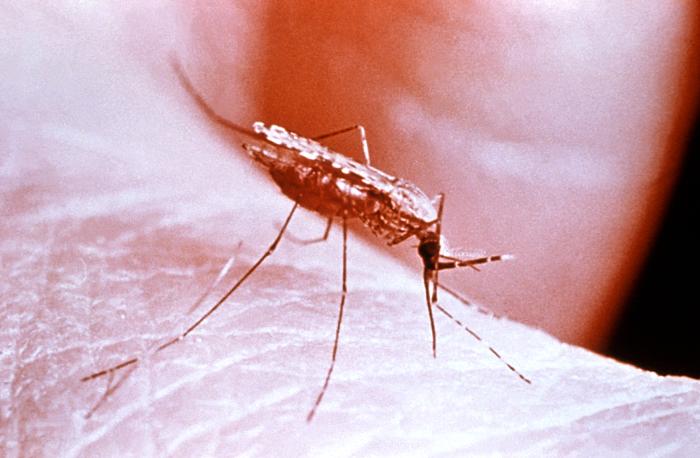The Burundi Ministry of Health declared a malaria epidemic on Mar. 13 due to increased numbers of malaria in the country. In fact, all of the country’s 18 provinces are reporting higher numbers of malaria cases than expected and nine provinces—Gitega, Kirundo, Muyinga, Karusi, Kayanza, Ngosi, Ruyigi, Cankuzo and Cibitoko—have been especially hard-hit.

Image/CDC
Just during the first three months of 2017, Burundi has reported 1,960,620 with 869 deaths.
This prompted the Centers for Disease Control and Prevention (CDC) to issue a travel notice for Burundi today. CDC continues to recommend that travelers to Burundi take prescription medicine to prevent malaria.
In addition, health officials recommend taking measures to prevent mosquito bites, to include covering exposed skin by wearing long-sleeved shirts, long pants, and hats; using an appropriate insect repellent as directed; staying and sleeping in screened or air conditioned rooms and using a bed net if the area where you are sleeping is exposed to the outdoors.
Malaria is a disease spread through mosquito bites. Symptoms usually appear within in 7-30 days but can take up to one year to develop. Symptoms include high fevers, shaking chills, and flu-like illness. Without treatment, malaria can cause severe illness and even death.
Related:
- Malaria sickens thousands of American travelers every year
- Minnesota measles update: 20 cases in Hennepin County
- Monkeypox case reported in southern Sierra Leone

